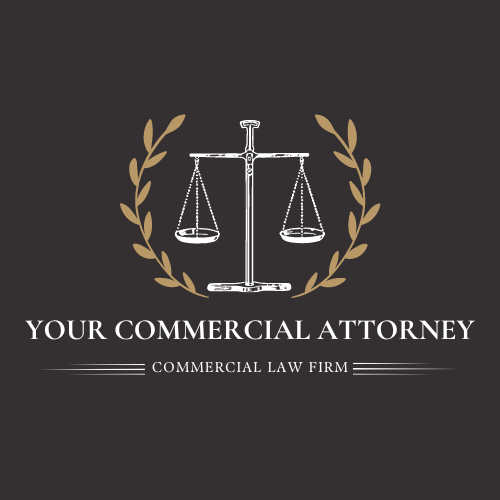Education is a cornerstone of personal and professional growth, making the integrity of information in the coaching sector crucial. Recognizing this, the Central Consumer Protection Authority (CCPA) has introduced the Guidelines for Prevention of Misleading Advertisement in Coaching Sector, 2024. Let’s break down these guidelines and understand their significance, objectives, key terms, and implications in simple terms.
The Guidelines for Prevention of Misleading Advertisement in Coaching Sector, 2024 were officially notified on 13th November 2024 by the Central Consumer Protection Authority (CCPA). These guidelines come into effect immediately from the date of their publication, ensuring their applicability to all coaching centers and related advertisements from that day forward.
Why are these guidelines needed?
The coaching sector, which plays a pivotal role in shaping careers, has seen a troubling trend of misleading advertisements. Many coaching centers make exaggerated claims about success rates, faculty credentials, and guarantees of admission or job placements. These practices mislead students and parents, leading to wasted time, money, and aspirations.
By addressing these issues, the guidelines aim to ensure transparency, fairness, and accountability in advertising practices within the coaching sector.
Aim and Objectives of the Guidelines
The guidelines have been designed with specific objectives in mind:
- Protect Consumer Rights: To shield students and their families from deceptive practices.
- Ensure Transparency: To mandate accurate and truthful representation in advertisements.
- Promote Accountability: To hold coaching centers accountable for claims made in their promotions.
- Safeguard Public Interest: To foster trust and reliability in the coaching industry.
Important Definitions
Understanding the terms used in these guidelines helps clarify their scope:
- Coaching: Refers to academic support or structured programs for education, excluding creative fields like sports, dance, and theater.
- Misleading Advertisement: Includes false claims about course quality, faculty credentials, selection rates, or success guarantees.
- Coaching Center: Defined as any establishment providing coaching services to over 50 students.
- Endorser: Any person who publicly supports or promotes coaching services.
Conditions and Obligations
Conditions for Misleading Advertisements
A coaching center is considered to engage in misleading practices if it:
- Makes false claims about course details, faculty, fees, or refund policies.
- Exaggerates success rates or guarantees results like job placements or top rankings.
- Creates a false sense of urgency to prompt immediate enrollment.
- Misrepresents the quality of services or infrastructure.
Obligations for Coaching Centers
To maintain integrity in advertising, coaching centers must:
- Disclose accurate information about ranks, courses, and affiliations.
- Prominently display disclaimers and important details in advertisements.
- Avoid using a candidate’s name, photo, or testimonial without their written consent.
- Accurately portray the infrastructure and resources provided.
- Work towards integrating with the National Consumer Helpline for better accountability.
Punishments for Non-Compliance
Non-adherence to these guidelines could result in:
- Fines or penalties under the Consumer Protection Act, 2019.
- Legal actions against the coaching center or endorsers involved.
- Loss of credibility and public trust, which can damage the institution’s reputation.
How Do These Guidelines Benefit Students?
- Informed Decisions: Students and parents can rely on factual and transparent information to choose the best coaching services.
- Protection Against Exploitation: By preventing false guarantees, students avoid falling prey to scams.
- Accountability: Coaching centers are compelled to focus on genuine service improvement rather than deceptive marketing.
- Better Market Standards: With these rules in place, the overall quality and ethical standards in the industry are likely to improve.
Illustrative Example
Imagine a coaching center claiming a 90% success rate in securing IIT admissions. If these claims are unsupported by genuine data, the center would violate these guidelines. A compliant advertisement, however, would include verified data, disclaimers, and approvals from competent authorities.
Conclusion
The Guidelines for Prevention of Misleading Advertisement in Coaching Sector, 2024 are a welcome step toward ensuring integrity and accountability in the coaching industry. By promoting transparency and protecting consumer rights, these guidelines not only safeguard students from exploitation but also encourage ethical business practices.
With better-informed decisions and stricter regulation, students and parents can focus on achieving their aspirations without falling victim to misleading advertisements. These measures, therefore, represent a significant stride towards a more equitable and trustworthy educational ecosystem.


Add comment